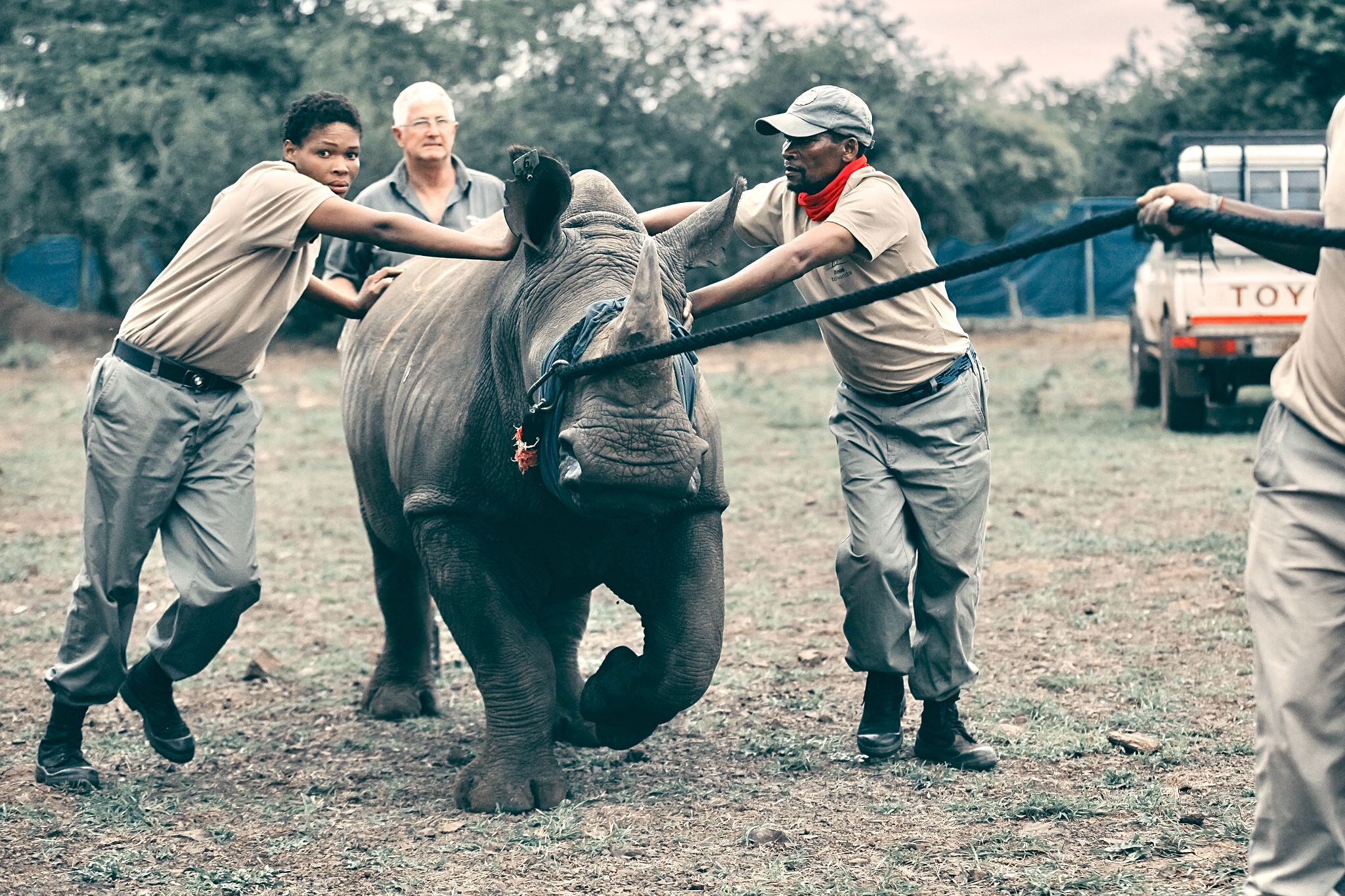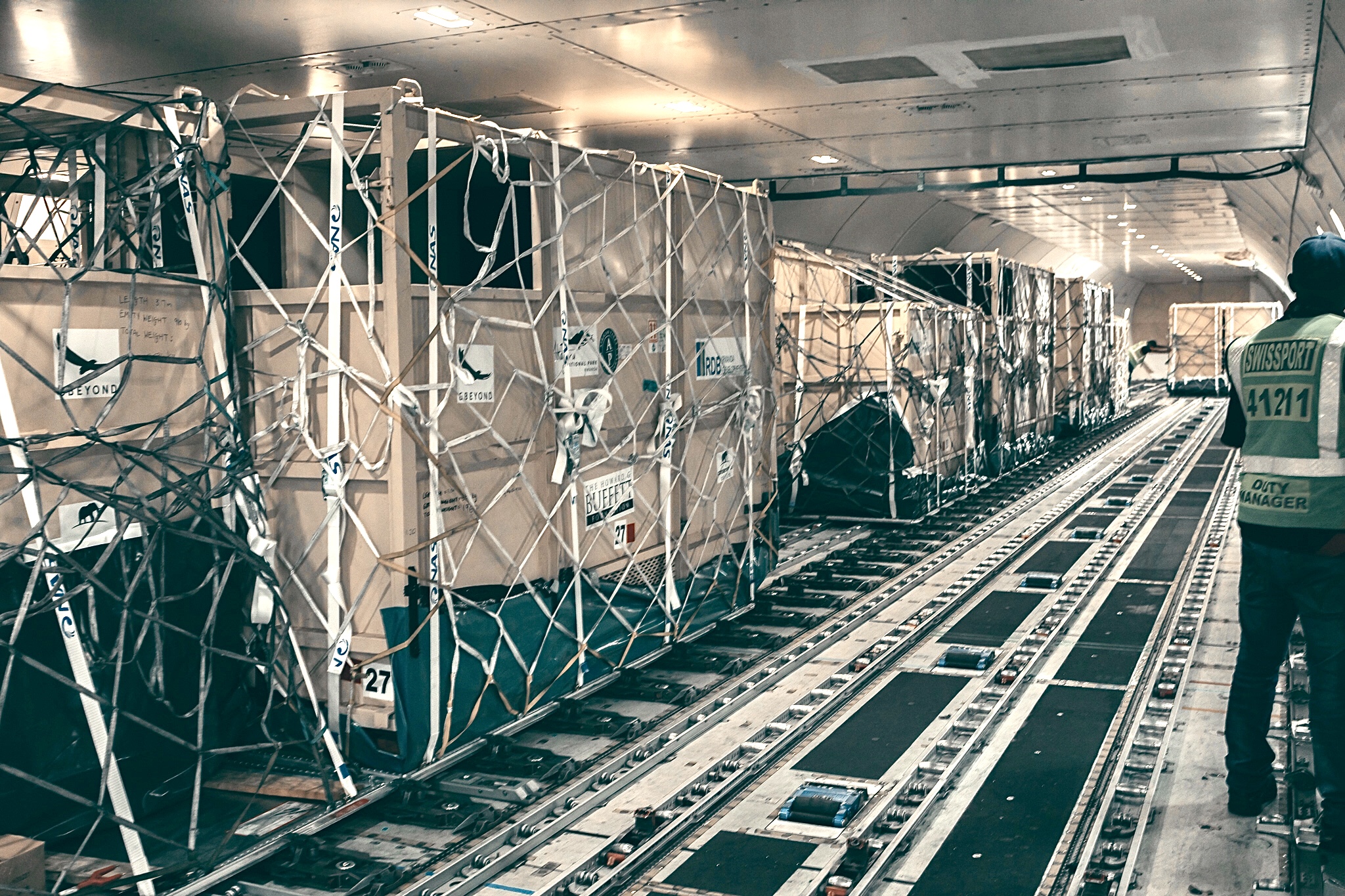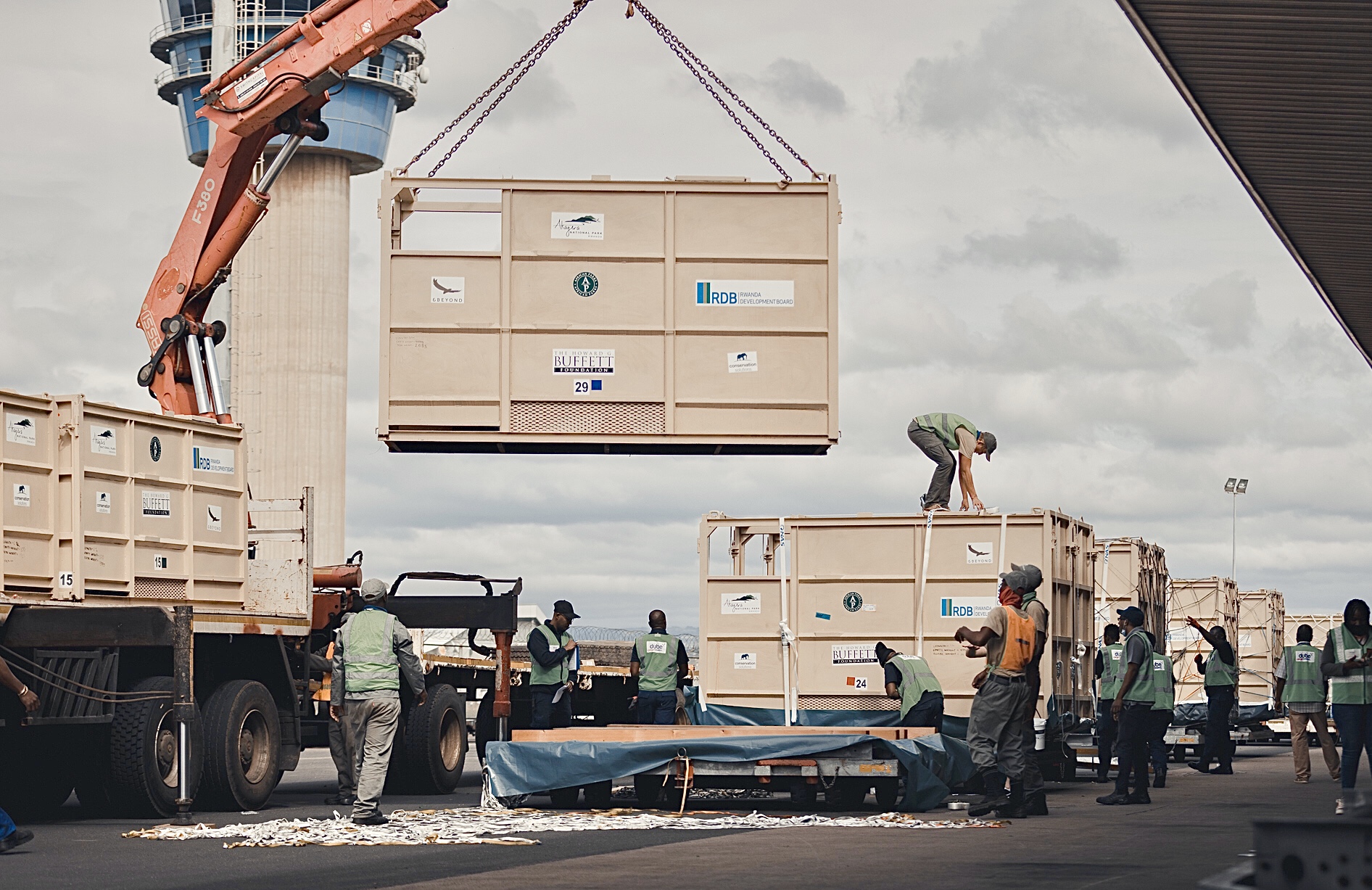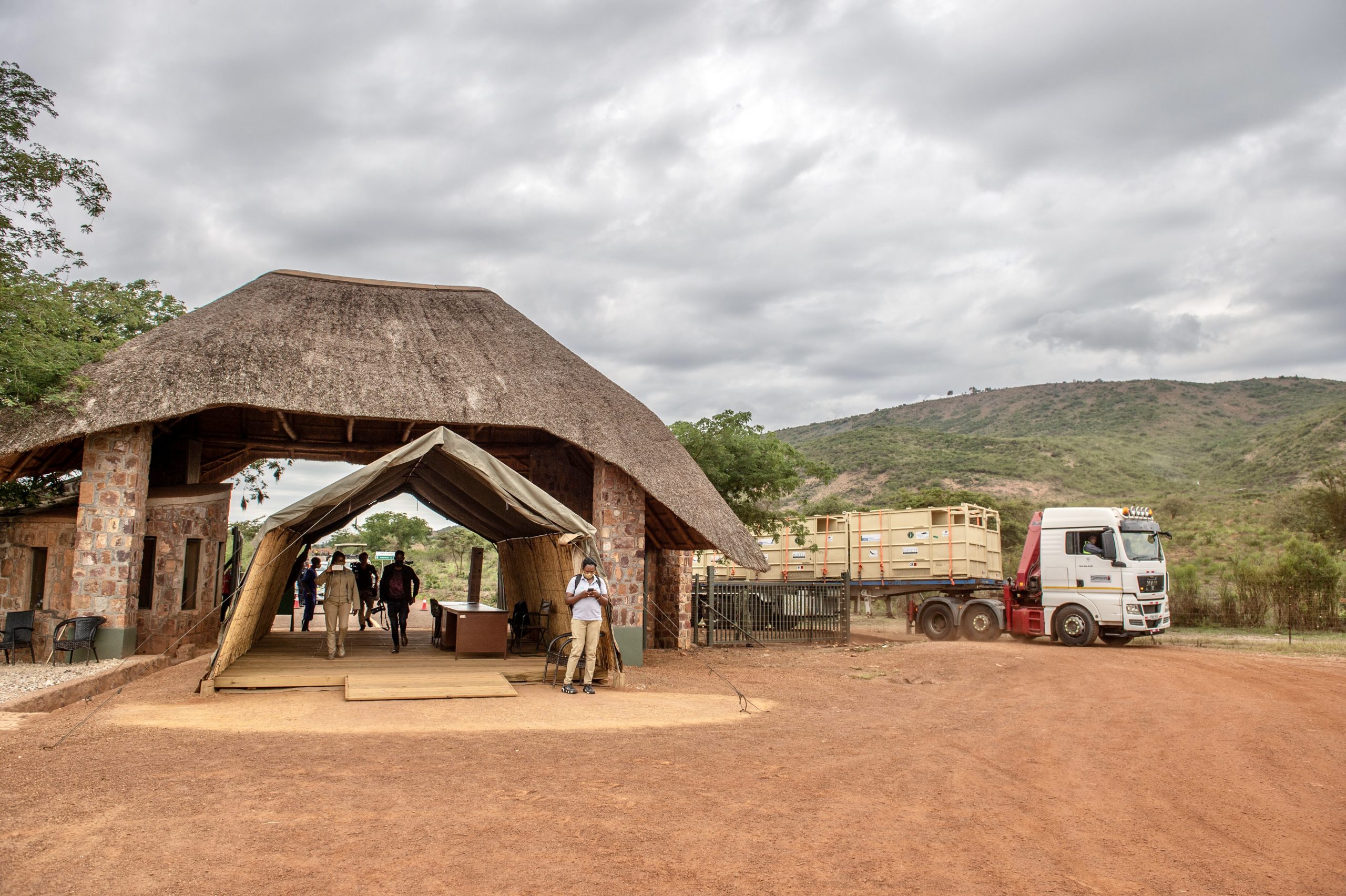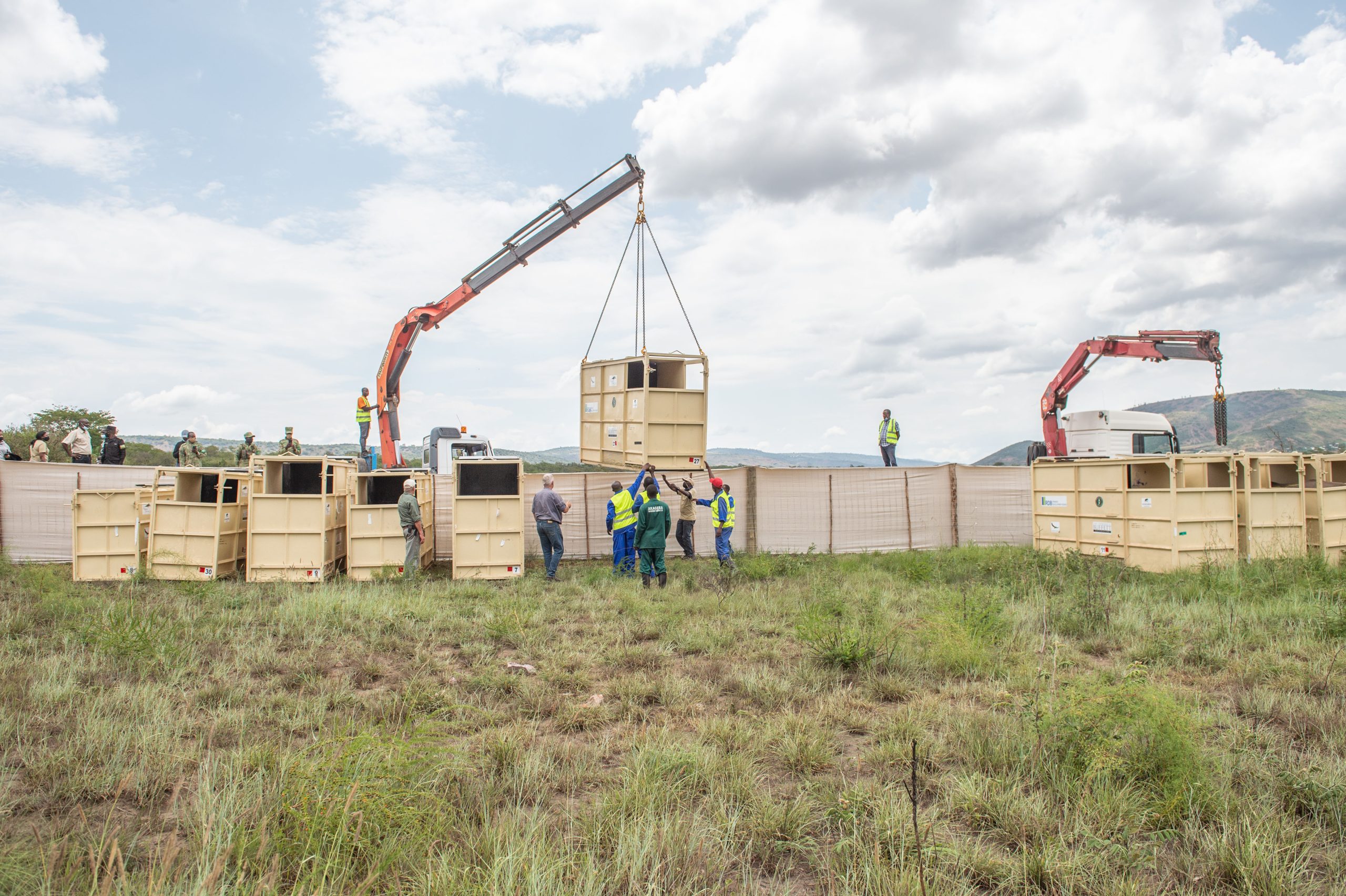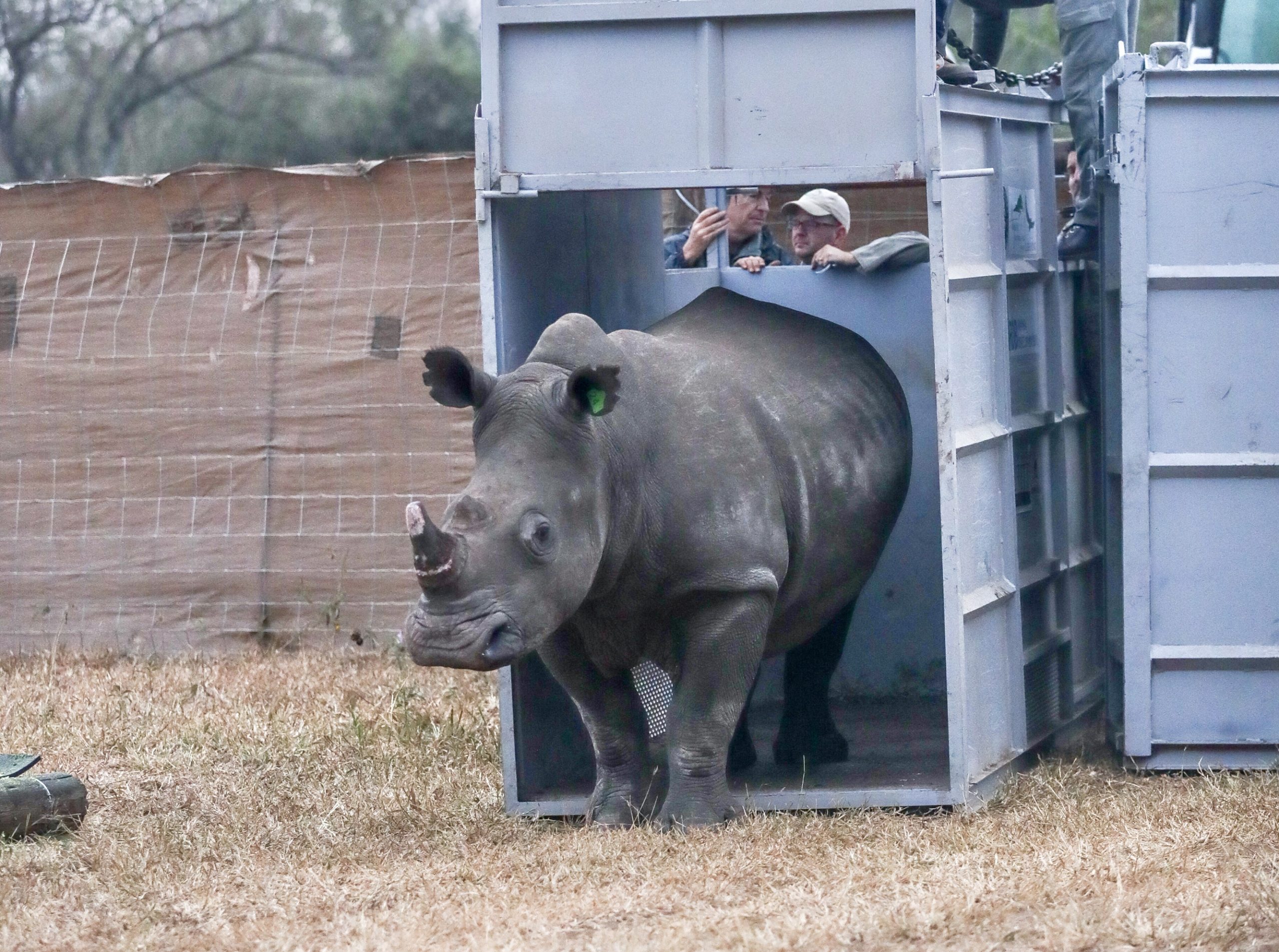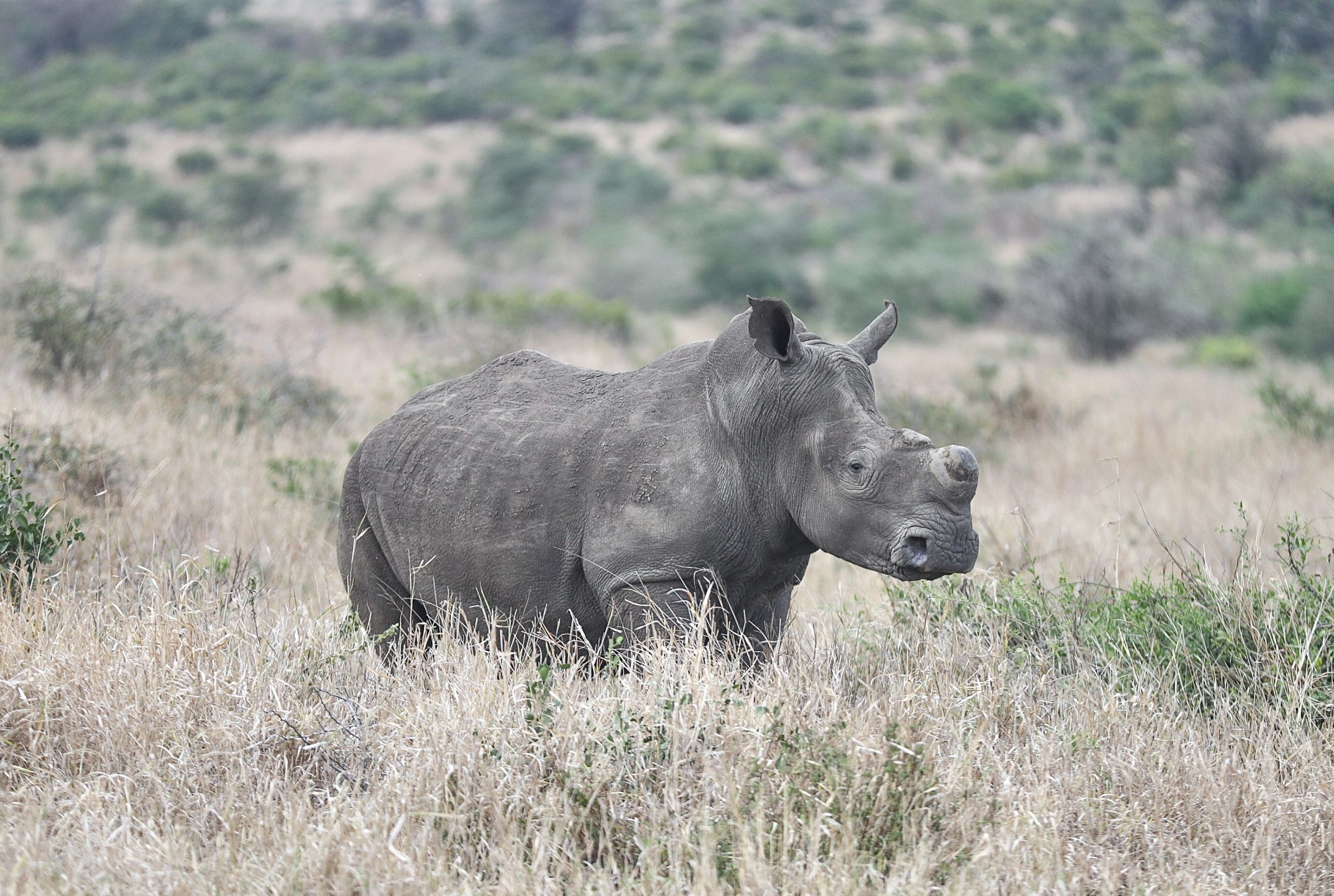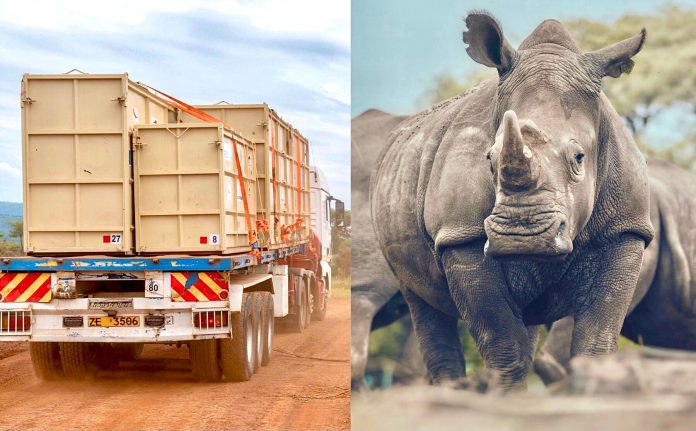
A Historical Day As 30 White Rhinos Are Introduced To Akagera National Park In Rwanda To Help Ensure The Long-Term Survival Of The Species
You can help all animals and our planet by choosing compassion on your plate and in your glass. #GoVeg
RELATED ARTICLES
Banning Cruelty: New Legislation Aims To Ban Octopus Farming In The U.S.
New bipartisan legislation has just been introduced in the U.S. to ban commercial octopus farming and prohibit imports of farmed octopus from foreign countries.
The...
Outrage In Yellowstone! Grizzly Bear Killed By Wildlife Officials & Left With Head & Paws Cut Off
Photo by: Trisha McFarland / Cowboy State Daily
A photo of a dead grizzly bear with its head and paws cut off has caused an...
Inside Florida’s Illegal Horse Meat Trade: Undercover Footage Shows Racehorse Being Shot & Butchered
A heart-wrenching discovery of illegal horse slaughter has emerged, with video footage exposing the tragic killing of a racehorse named 'Funny Biz,' who was...
Popular stories
US News
Humane Society Of The United States Deploys Rescuers To Evacuate Animals To Safe Havens As Tropical Storms Threaten The Gulf Coast
As much of the Gulf Coast braces for Tropical Storms Marco and Laura, the Humane Society of the United States is coordinating the transport of...
News
World Animal News TOP Stories Making Headlines!
1. Notorious Trophy Hunter, Riaan Naude, Was Reportedly Shot & Killed In South Africa
Riaan Naude, a trophy hunter in South Africa known for “proudly” displaying images...
News
Illegal Fishing Vessels Intercepted By Sea Shepherd’s Ocean Warrior Vessel As Peruvian Prosecutors Sail Aboard To Apprehend The Suspects
Photo credit: Sea Shepherd
During a series of joint operations led by the government of Peru, specialized environmental prosecutors on board the Sea Shepherd Ocean Warrior ship encountered...

